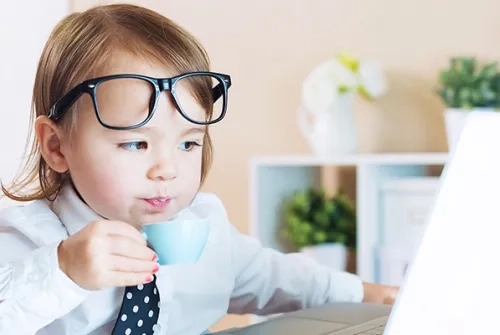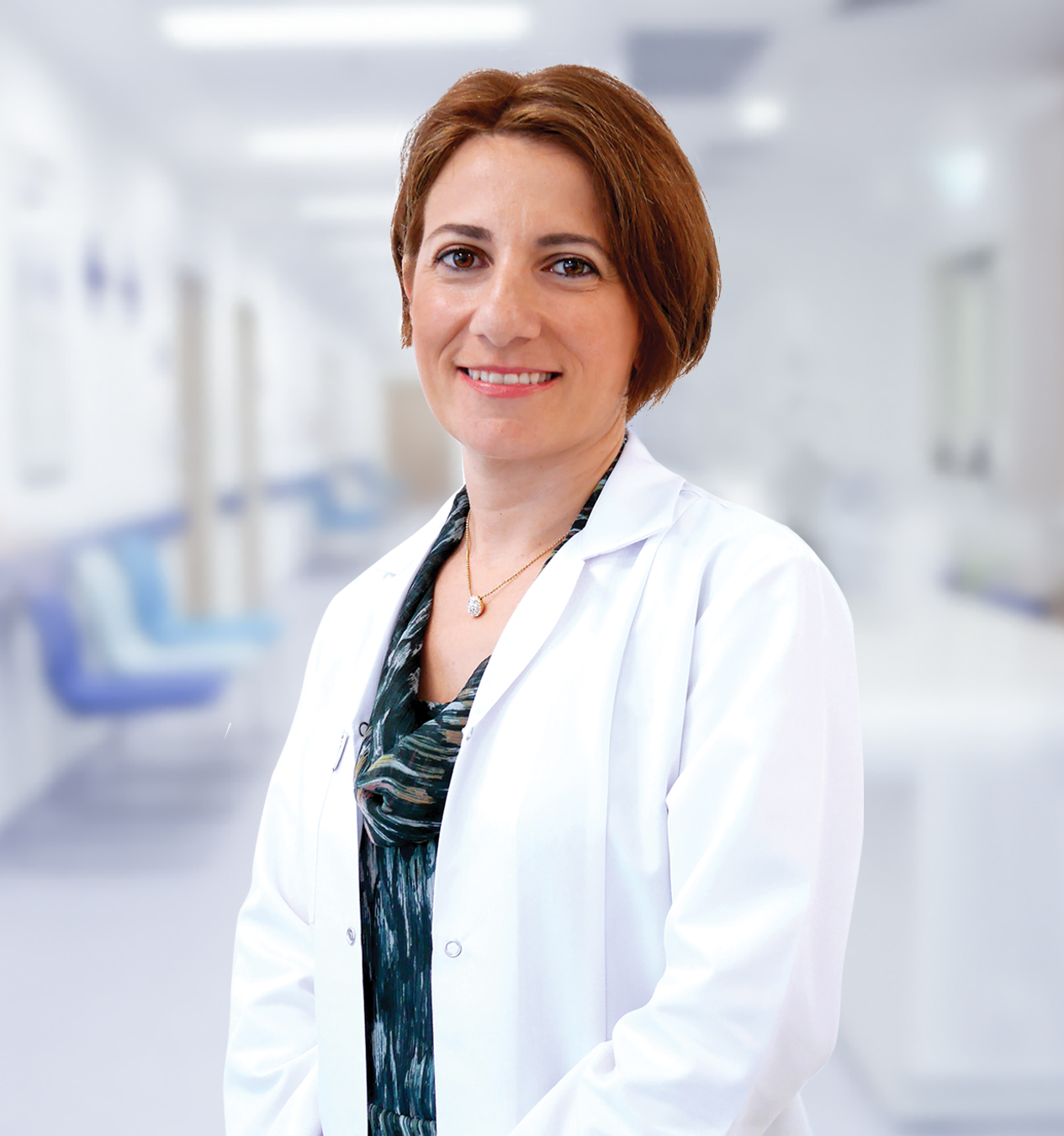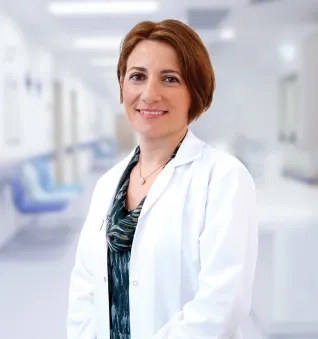Alo Yeditepe
Alo Yeditepe
Caffeine Consumption in Children
Some parents prohibit their children from drinking coffee or energy drinks, worrying that the stimulant effect of caffeine will trigger hyperactivity. When it comes to caffeine, energy drinks, and coffee usually come to mind, but caffeine-containing drinks are not limited to these. Many products consumed by children, such as carbonated drinks, cocoa milk, hot chocolate, iced tea, cold coffee, and even ice cream, contain caffeine.
In Wales, it is argued that beverages containing caffeine as part of a healthy eating strategy have a negative impact on health. As part of efforts to end the sale of energy drinks to children, the ban is planned to be extended to take into account other beverages with high caffeine content, such as tea and coffee. For this reason, a law was proposed to ban the sale of tea and coffee to children under 16 years of age. The ban became a matter of debate.
Yeditepe University Koşuyolu Hospital Pediatrics Pediatric Endocrinology Specialist Assoc. Dr. Elif Sağsak provided information about caffeine consumption in children.
Why Is Caffeine Harmful?
Caffeine, an important stimulant, has been reported to cause insomnia, headaches, concentration disorders, an increase in heart rate and blood pressure, stomach problems, adversely affect bone health and have a diuretic effect.
Which Drinks Contain Caffeine?
The source of caffeine consumption in daily life is black and green tea, coffee, cola drinks, energy drinks, cold teas, chocolate, and coffee-chocolate ice cream. The caffeine contents of the foods vary depending on the type, amount, and preparation method of the beverage or food consumed.
While 150 ml of black tea contains 40-80 mg of caffeine, 150 ml of green tea contains 30-50 mg of caffeine. The amount of caffeine varies according to the type of coffee and the method of preparation (decoction, filter, espresso, or instant).
In addition, a significant amount of caffeine is taken with some drugs (analgesics/pain relievers, cold medicine -flu medicine, weight loss medicine, and some prescription medicine).
Is It Harmful to Children to Drink Tea Coffee?
Compared to adults, children, especially young children, are very sensitive to caffeine. This is because caffeine acts much more rapidly in the developing child organism.
In a study of school-age children, it was found that children who took 50 mg or more of caffeine per day showed negative symptoms such as difficulty in thinking and irritability according to areas of 10 mg or less.
Is Energy Drinks as Harmful as Tea and Coffee for Kids?
250 ml of energy drink contains approximately 80 mg of caffeine. That is about 150 ml (2 teacups) of black tea. Therefore, with the seemingly innocent energy drink, children actually consume a high level of caffeine. Their high sugar content, on the other hand, increases the risk of obesity.
What Should Be the Age Limit for Caffeine Consumption? What Should Be the Consumption Limit?
The American Academy of Pediatrics recommends that children under the age of 12 not eat or drink anything containing caffeine. Children over the age of 12 are advised to consume less than 85-100 milligrams of caffeine per day. Even if drinks containing caffeine are consumed under the age of 10, 1 cup of green tea or half a cup of black tea should not exceed (an average of 50-60 mg of caffeine per day).
What Problems Do Children Who Drink Too Much Tea and Coffee Have?
Excessive caffeine consumption in children may cause insomnia, irritability, nausea, headache, difficulty concentrating, and increased heart rate. In addition, childhood and adolescence are the most important years for bone development. Excess caffeine consumption may slow down bone development by preventing calcium absorption. The diuretic effect of caffeine can cause water and mineral loss in children with insufficient fluid intake and excessive sweating.
Especially teenagers can consume too much coffee. So, they take large doses of caffeine. Sugary tea, coffee, cold tea, soda, and energy drinks, on the other hand, increase the risk of obesity due to their high sugar content.
For this reason, it is recommended that children under the age of 12 do not drink beverages containing caffeine and that children over the age of 12 drink restricted beverages.
Press Coverage: hurriyet
About
Faculty and Year of Graduation:
Çukurova University, 2003
”
See Also
- Hormone Disruptors
- Puberty
- Factors Affecting Growth in Children
- Thyroid Gland Diseases in Children
- Diabetes in Children
- Multiple Myeloma
- One-third of Obesity In Adults Begins in Childhood
- Diabetes Mellitus and its Treatment
- Childhood Obesity and Nutritional Recommendations
- Causes and Treatment of Obesity in Children
- Obesity Increases Early Puberty
- Thyroid Hormone Deficiency May Cause Short Stature
Alo Yeditepe





